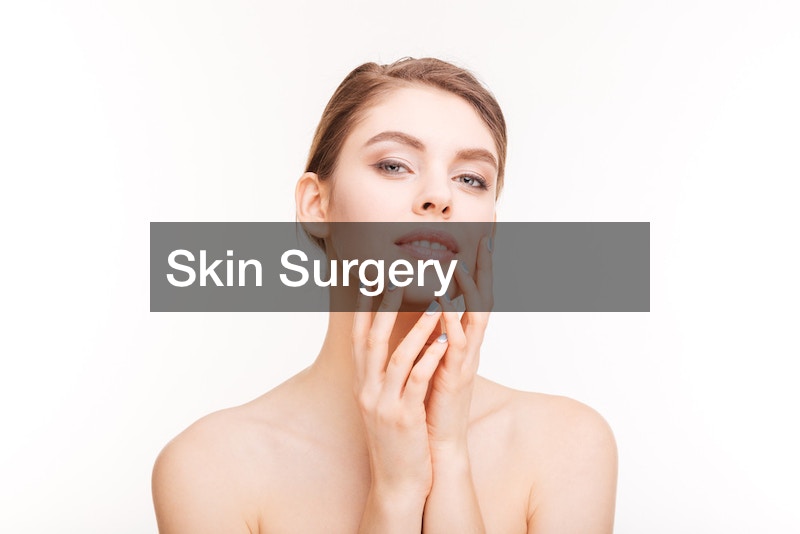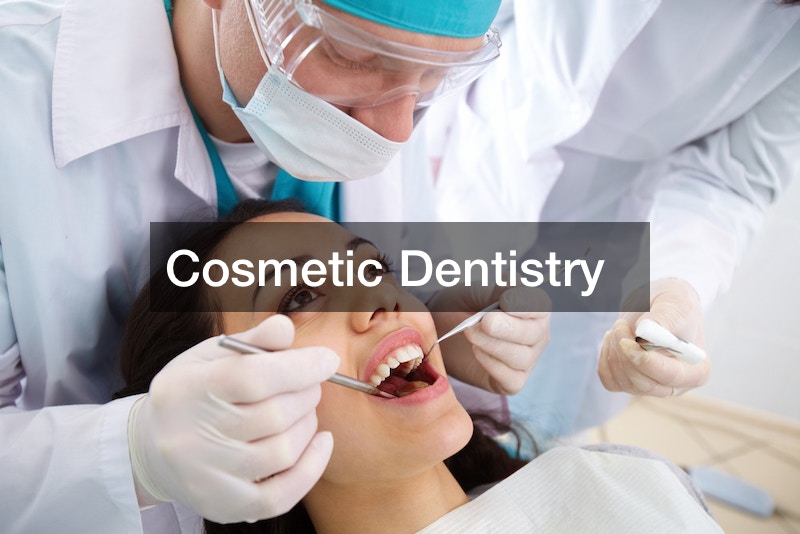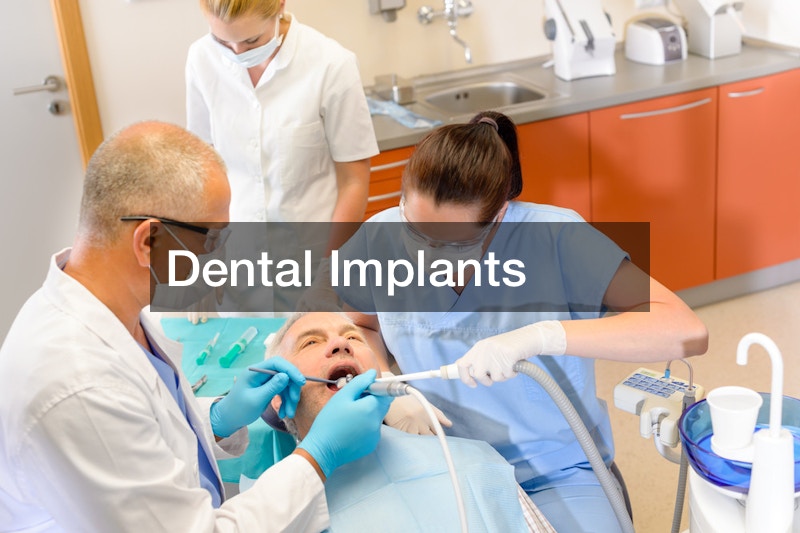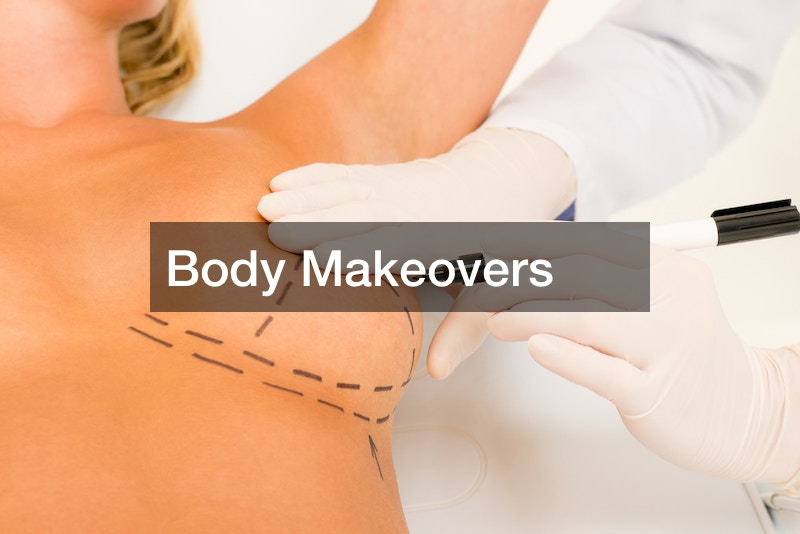
In today’s world, There are numerous treatments available to address various health concerns, ranging from non-invasive treatments like skin tightening to more complex options like hormone replacement therapy. These life therapeutic solutions programs have the potential to be effective in treating a wide range of medical conditions, improving quality of life, and promoting overall well-being. However, in order to make informed decisions about our healthcare, we must first understand the benefits and costs associated with each option.
Skin Surgery

Skin surgery is among the most common life therapeutic solutions services that can provide a variety of benefits, such as skin tightening, mole or cyst removal, and skin cancer treatment. Skin tightening surgery, also known as a facelift or body contouring, can help restore a more youthful appearance by improving the appearance of sagging skin. Excess skin and fat are removed from the face, neck, or body, and the remaining skin is tightened to achieve a smoother, more toned appearance.
Skin surgery costs vary depending on the procedure and the surgeon’s experience and reputation. Skin tightening surgery can cost anywhere between $3,000 and $15,000. If multiple procedures are required or if the patient has underlying medical conditions that necessitate additional care, the cost may be higher. It’s important to note that cosmetic procedures like skin tightening surgery are typically not covered by health insurance.
Patients can consider financing options such as personal loans, credit cards, or payment plans offered by the surgeon’s office to pay for skin surgery. Conduct research and compare options in order to find the best solution that fits your budget and needs. Some surgeons may also provide discounts for paying in full or for having multiple procedures performed.
Wound Dressing
Wound dressing entails the application of specialized materials and techniques in order to promote healing and prevent infection. Accidents, surgical procedures, and underlying health conditions are all potential causes of wounds. The advantages of wound dressing as one of life therapeutic solutions treatments are numerous. It can aid in infection prevention by keeping the wound clean and free of debris. Wound care services also encourage the growth of new tissue and aid in the control of bleeding. Some wound dressings help to reduce pain and promote faster healing.
Furthermore, wound dressing can help to improve the overall appearance of the wound and reduce scarring. However, there are some risks associated with improper wound dressing. If the wound dressing is not changed frequently enough or is not applied correctly, an infection can occur, delaying the healing process. An allergic reaction to the dressing material can occur in some cases, leading to further complications. As a result, it is critical to seek professional wound care services from a qualified healthcare provider to ensure that the wound is properly dressed and that signs of infection or other complications are monitored.
Cosmetic Dentistry

Cosmetic dentistry services provide a wide range of life-enhancing solutions that help improve the appearance of teeth and gums. These options include teeth whitening, veneers, and dental implants, each with its own set of advantages and disadvantages. Working with a qualified dentist to determine the best treatment plan for your specific needs is critical.
Teeth whitening is a popular cosmetic dentistry service that effectively brightens discolored or stained teeth. At life therapeutic solutions, the cost of teeth whitening varies depending on the method used, but it is typically less expensive than other cosmetic dental procedures. Overuse of teeth whitening products or procedures, on the other hand, can cause tooth sensitivity or enamel damage, so it’s critical to stick to the instructions provided by the dentist or product manufacturer.
Although cosmetic dentistry provides numerous benefits, there are potential dangers associated with these procedures. Improperly placed veneers or dental implants can lead to complications such as infection or damage to surrounding teeth or tissues. Overuse of teeth whitening products or procedures can also lead to tooth sensitivity or enamel damage. Hence, working with a qualified dentist and following their instructions can ensure a safe and successful cosmetic dental procedure.
Cardiac Rehabilitation
Cardiac rehabilitation is a life therapeutic solutions service that combines exercise training, lifestyle changes, and counseling to assist patients with heart disease in recovering and improving their heart health. The program’s goal is to lower the risk of future cardiac events while also improving patients’ overall quality of life. Cardiovascular rehabilitation costs vary depending on the program and location, but it is frequently covered by insurance or Medicare.
Cardiovascular rehabilitation has been shown in studies to improve the prognosis and quality of life of patients with heart disease. The American Heart Association reports that cardiac rehabilitation reduces the risk of death by 25% and the risk of future heart events by 47%. It also assists patients in managing their symptoms, increasing their level of fitness, and lowering their risk factors for heart disease, such as high blood pressure and cholesterol.
While cardiac rehabilitation is generally safe, some patients, such as those with unstable heart conditions or uncontrolled diabetes, may be at risk. As a result, it is critical to collaborate with a qualified healthcare professional and adhere to their recommendations throughout the program. Some cardiac rehabilitation programs may involve the use of FDA combination products, such as drug-eluting stents or implantable cardioverter-defibrillators (ICDs), which necessitate close monitoring and follow-up care.
Dental Implants

Dental implants are one of the more popular and effective life therapeutic solutions for replacing missing teeth. However, the cost of dental implants can vary widely, depending on several factors, such as the number of teeth being replaced, the location of the implants, and the type of implant used. On average, the cost of a single dental implants ranges from $1,000 to $3,000, and the total cost of full mouth dental implants restoration can reach up to $50,000.
Patients may have several options for paying for dental implants, including dental insurance, financing, or payment plans offered by the dental office. However, unless they are medically necessary, dental insurance plans typically do not cover the cost of dental implants, and even then, there may be limitations or exclusions. Financing options, such as loans or credit cards, can give you more options for paying for these life therapeutic solutions, but they may come with interest rates or fees.
Patients looking to receive dental implants should consult with a qualified and experienced dentist or oral surgeon who specializes in implant dentistry. Dentists or oral surgeons who offer dental implants may have different levels of experience, training, and certification, so patients should do their research and choose a provider who has a good reputation and track record. Ask for referrals from their general dentist or search for implant dentistry specialists online.
Cosmetology Services
Cosmetology services encompass a variety of beauty treatments and therapies aimed at improving the appearance and health of the skin, hair, and nails. These life therapeutic solutions are intended to boost a person’s self-esteem and confidence by improving how they look and feel. Facials, chemical peels, microdermabrasion, and laser hair removal are among the most popular cosmetology services.
Aside from cosmetology services, a variety of products are available to help improve the health and appearance of the skin. Moisturizers, serums, toners, and sunscreens are examples of such products. To determine which products are best suited for your skin type and needs, consult with a qualified and licensed esthetician or cosmetologist.
Cosmetology programs come with some potential dangers, including allergic reactions to certain ingredients used in treatments, skin irritation, and damage from excessive heat or chemicals. Improper sterilization of tools and equipment can also lead to the spread of infections and diseases. In addition, some treatments may not be suitable for certain skin types or conditions, leading to further irritation or even permanent damage. It’s important to choose a qualified and licensed provider who follows proper sanitation and safety procedures and to discuss any concerns or allergies with them before undergoing any cosmetology services.
Hormone Therapy
Hormonal therapy, also known as hormone therapy, is a type of medical treatment in which medication is used to alter hormone levels in the body. It is commonly used to treat certain cancers, such as breast and prostate cancer, by blocking the hormones that fuel cancer cell growth. Hormonal therapy can also be used to treat menopausal symptoms such as hot flashes and vaginal dryness by replacing hormones that the body no longer produces.
Hormone therapy comes in a variety of forms that are used to treat a variety of medical conditions. One common type is testosterone therapy, which is used to treat hypogonadism, a condition in which the body produces insufficient testosterone. Injections, gels, patches, and pellets are all examples of testosterone therapy. According to experts, testosterone therapies are effective life therapeutic solutions that help men with hypogonadism improve symptoms such as low sex drive, fatigue, and mood changes.
The risks of hormone therapy vary depending on the type of therapy used, the individual’s medical history, and other factors. Hormone therapy can cause fatigue, nausea, weight gain, and mood changes, among other things. Some hormone therapies, such as estrogen therapy, have been linked to an increased risk of cardiovascular events, cervical cancer, and sleep apnea. Hormone therapy can also increase the risk of blood clots and stroke, especially in estrogen-treated women.
Body Makeovers

Body makeovers, also known as mommy makeovers, can provide numerous benefits for women who are looking to regain their pre-pregnancy bodies. These procedures typically include a combination of breast augmentation, breast lift, tummy tuck, and liposuction, among others, and are performed by plastic surgeons and other medical professionals. The benefits of body makeovers can include improved body image, increased self-confidence, and enhanced quality of life.
Patients who undergo a body makeover will typically work with a team of medical professionals that includes a plastic surgeon, anesthesiologist, and nursing staff. To achieve the best results, it is critical to select a reputable and experienced surgeon. The cost of a body makeover can vary greatly depending on the procedures involved and the surgeon’s practice location. Medicare insurance may cover a portion of the cost in some cases, but this will depend on the patient’s individual circumstances.
While mommy makeovers offer life therapeutic solutions, there are also risks and complications associated with these procedures. Infection, scarring, bleeding, and adverse reactions to anesthesia are all potential risks of mommy makeovers. Additionally, there may be a risk of asymmetry, nerve damage, or implant complications. It is important for women considering mommy makeovers to be aware of these potential dangers and to discuss their individual risks and concerns with a qualified healthcare provider.
Clear Aligner Therapy
Clear aligner therapy is a modern dental treatment option that has gained popularity in recent years and that’s used at used in life therapeutic solutions. It was first introduced in 1997 by Align Technology, with its brand name Invisalign. Clear aligner therapy is an alternative to traditional metal braces, which uses custom-made clear aligners to gradually straighten teeth. In the past decade, clear aligner therapy has grown in popularity, with an estimated 5.8 million people worldwide using clear aligners in 2020.
Clear aligner therapy costs vary according to the provider, the complexity of the case, and the length of treatment. The initial consultation fee, the cost of dental scans or impressions, the cost of the aligners themselves, and any additional fees for refinement or retainer appliances are all costs associated with clear aligner therapy. Clear aligner therapy typically costs between $3,000 and $7,000, with some providers offering financing options to make the treatment more affordable. Intraoral scanners, which are used to create digital impressions of the teeth, and 3D printers, which are used to produce the aligners, are common tools used in clear aligner therapy.
As we’ve seen in this guide, there are various health solutions available for individuals seeking to improve their health and appearance. These solutions come with different benefits, expenses, and risks. It is essential to consult with professional healthcare providers like life therapeutic solutions while considering the costs, benefits, and potential dangers of each service.
